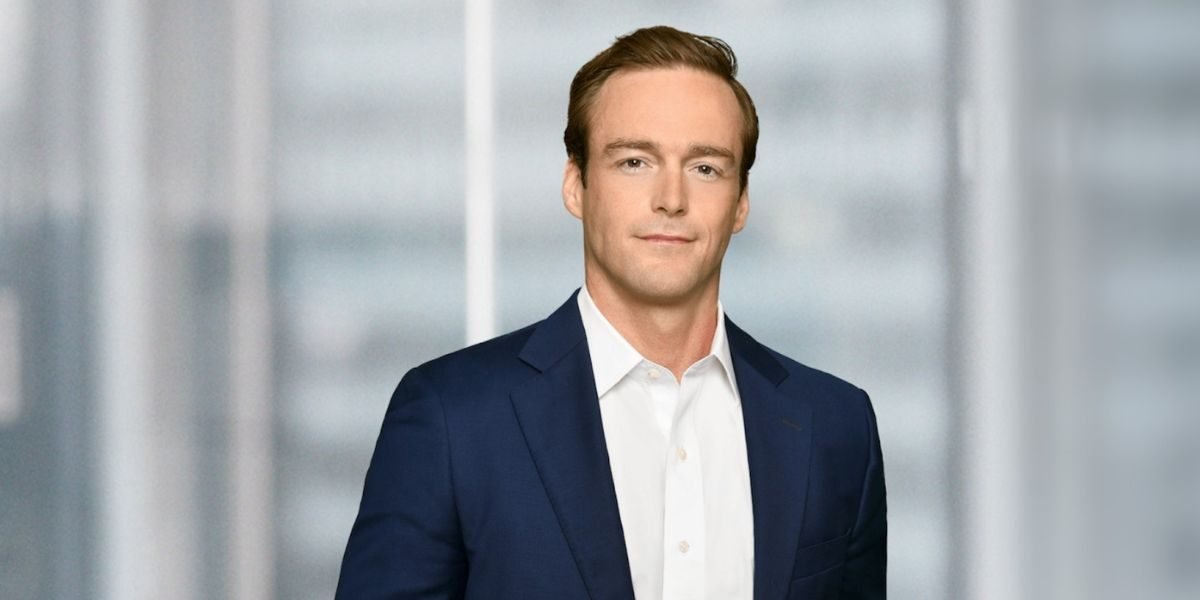By: Elena Mart
Market volatility has traditionally sent business owners to the sidelines, waiting for calmer conditions before pursuing strategic exits. Jeff Barrington, Managing Director at boutique investment bank Windsor Drake, argues this conventional wisdom may be costing founders millions.
“The correlation between market stability and optimal exit timing is far weaker than most assume,” Barrington states. “Some of our most successful transactions have occurred during periods of significant market disruption.”
This counterintuitive approach stems from Windsor Drake’s analysis of over 200 middle-market transactions across various economic cycles. The firm’s research reveals that businesses with strong strategic positioning often command premium valuations precisely when competitors struggle with uncertainty.
Consider a recent Windsor Drake engagement in the business services sector. While public markets experienced significant volatility in early 2024, the firm successfully guided a founder through a strategic sale at a 12x EBITDA multiple—well above the industry average of 8x. The key lay not in market timing but in positioning the business as a consolidation platform for buyers seeking defensive growth.
“Sophisticated buyers think in terms of strategic cycles, not market cycles,” Barrington explains. “They’re often most aggressive when they can acquire transformative assets without competitive bidding wars.”
Windsor Drake’s methodology involves three critical elements that transcend traditional market timing:
First, the firm conducts deep strategic analysis to identify windows when specific buyers face pressing strategic needs. A healthcare services company might find optimal timing when large hospital systems seek to expand their outpatient capabilities, regardless of broader market conditions.
Second, Windsor Drake maintains continuous dialogue with its network of over 500 institutional buyers. This allows the firm to identify shifting strategic priorities that create time-sensitive opportunities for well-positioned sellers.
Third, the firm helps founders prepare their businesses to capitalize on these strategic windows through operational improvements and strategic repositioning. This preparation often takes 12-18 months but yields dramatic results when strategic timing aligns.
“Traditional advisors tell founders to wait for perfect market conditions that may never materialize,” notes Barrington. “We focus on creating perfect strategic conditions that transcend market volatility.”
The data supports this approach. Windsor Drake’s transactions during volatile periods have achieved average premiums of 23% above stable-market comparables. More importantly, these transactions often include superior terms around earnouts, working capital adjustments, and indemnification—critical factors that impact actual proceeds to sellers.
This strategic timing approach particularly benefits founders in rapidly evolving industries. Technology companies, healthcare services, and specialized manufacturing businesses often face strategic inflection points that create natural exit opportunities regardless of broader market sentiment.
“A founder recently asked whether to wait for markets to stabilize before selling,” Barrington recalls. “I asked instead whether their strategic position would be stronger in 18 months. When we analyzed competitive dynamics, regulatory changes, and technology shifts, the answer became clear—waiting would only erode their strategic advantages.”
Windsor Drake’s approach requires sophisticated analysis and deep market knowledge. The firm employs former operators and industry executives who understand strategic dynamics beyond financial metrics. This expertise allows Windsor Drake to identify and articulate strategic value that pure financial advisors might miss.
For founders evaluating exit timing, Barrington offers pragmatic advice: “Focus less on where the S&P trades and more on where your business sits within its strategic landscape. The best time to sell is when you can articulate unique strategic value to motivated buyers.”
As markets continue their unpredictable trajectory, this strategic approach to timing offers founders a more reliable path to successful exits. By focusing on strategic positioning rather than market timing, Windsor Drake has established itself as a trusted advisor for founders seeking to maximize value regardless of market conditions.
About Windsor Drake
Windsor Drake is a specialized middle-market investment bank providing strategic M&A advisory services to founder-led businesses. The firm applies institutional M&A discipline typically reserved for $500M+ transactions to businesses in the $10M–$150M range. With offices in New York, Toronto, and London, Windsor Drake serves founder-led companies across North America and Europe. Learn more at www.windsordrake.com
Disclaimer: This article is for informational purposes only and does not constitute financial, legal, or investment advice. Readers should consult with qualified professionals before making any business decisions.













